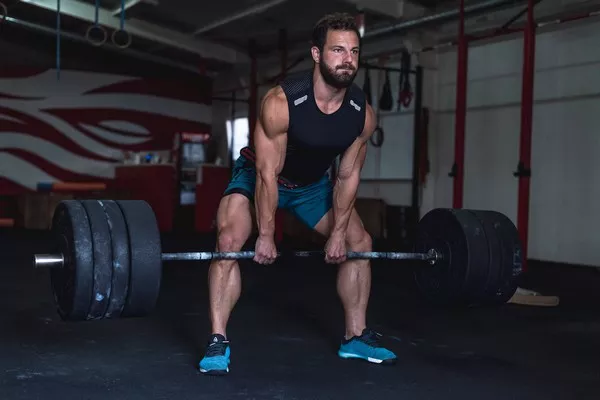Regular exercise and a balanced diet are two key pillars of a healthy lifestyle. While exercise helps to improve physical fitness and overall well-being, proper nutrition is equally important for providing the body with the necessary fuel and nutrients for optimal performance. However, some individuals may engage in workouts without consuming an adequate amount of food. This article delves into the potential consequences of exercising without proper nutrition, shedding light on the importance of fueling the body appropriately to support exercise and achieve desired fitness goals.
-
Decreased Performance and Energy Levels
When you work out without eating, your body lacks the necessary energy to sustain physical activity. Carbohydrates are the primary source of energy during exercise, and without an adequate intake of carbohydrates, your energy levels can significantly drop. This can result in decreased performance, reduced endurance, and an overall lack of motivation during workouts. Moreover, without proper nutrition, muscle glycogen stores become depleted, leading to fatigue and an inability to push through intense workouts.
-
Impaired Recovery and Muscle Breakdown
Proper nutrition is vital for post-workout recovery. Consuming a combination of carbohydrates and protein after exercise helps replenish glycogen stores, repair damaged tissues, and promote muscle growth and repair. Inadequate nutrition following a workout can hinder the recovery process, resulting in prolonged muscle soreness, delayed healing, and increased risk of injury. Furthermore, without sufficient protein intake, the body may break down muscle tissue to obtain amino acids for energy, leading to muscle loss and a compromised physique.
-
Nutrient Deficiencies and Weakened Immune System
Engaging in regular exercise without proper nutrition can lead to nutrient deficiencies. When the body is deprived of essential nutrients, such as vitamins, minerals, and antioxidants, it becomes more susceptible to illnesses and infections. Nutrients like vitamin C, vitamin E, zinc, and iron play crucial roles in supporting immune function. Inadequate nutrition can weaken the immune system, leaving you more prone to illnesses, prolonged recovery times, and compromised overall health.
-
Hormonal Imbalances and Metabolic Slowdown
Proper nutrition is essential for maintaining hormonal balance within the body. When you work out without consuming enough food, your body may experience hormonal imbalances, particularly with hormones such as cortisol, insulin, and thyroid hormones. These imbalances can negatively impact metabolism, leading to a slowdown in the rate at which your body burns calories. Consequently, this can make it harder to achieve weight loss or body composition goals and may contribute to weight gain over time.
-
Mental and Emotional Effects
Inadequate nutrition during exercise can also have significant mental and emotional consequences. Without proper fueling, you may experience mood swings, increased irritability, and difficulty focusing during workouts. The lack of nutrients can also affect neurotransmitter production, leading to feelings of fatigue, low motivation, and even depression. It is essential to nourish both your body and mind to ensure a positive exercise experience.
-
Increased Risk of Injury
Proper nutrition plays a vital role in maintaining bone health and preventing injuries. Insufficient intake of nutrients like calcium, vitamin D, and magnesium can weaken bones, increasing the risk of fractures and stress injuries during exercise. Inadequate nutrition can also impair coordination, balance, and muscle strength, further raising the likelihood of accidents and injuries during workouts.
-
Long-Term Health Consequences
Consistently exercising without proper nutrition can have long-term health consequences. Nutritional deficiencies can lead to a variety of health problems, including weakened bones, impaired organ function, hormonal imbalances, and increased risk of chronic diseases. Additionally, chronic undernourishment can result in muscle wasting, slowed metabolism, and decreased physical performance, negatively impacting overall health and longevity.
Conclusion
Engaging in regular exercise is undoubtedly beneficial for physical fitness and well-being. However, it is crucial to prioritize proper nutrition alongside physical activity to support the body’s energy needs, optimize performance, and promote overall health. Exercising without consuming an adequate amount of food can have significant consequences, including decreased performance, impaired recovery, nutrient deficiencies, weakened immune system, hormonal imbalances, increased risk of injury, and long-term health complications. By fueling the body appropriately, individuals can maximize the benefits of their workouts, enhance recovery, and maintain a healthy balance between exercise and nutrition for optimal well-being.
Recommended reading:


